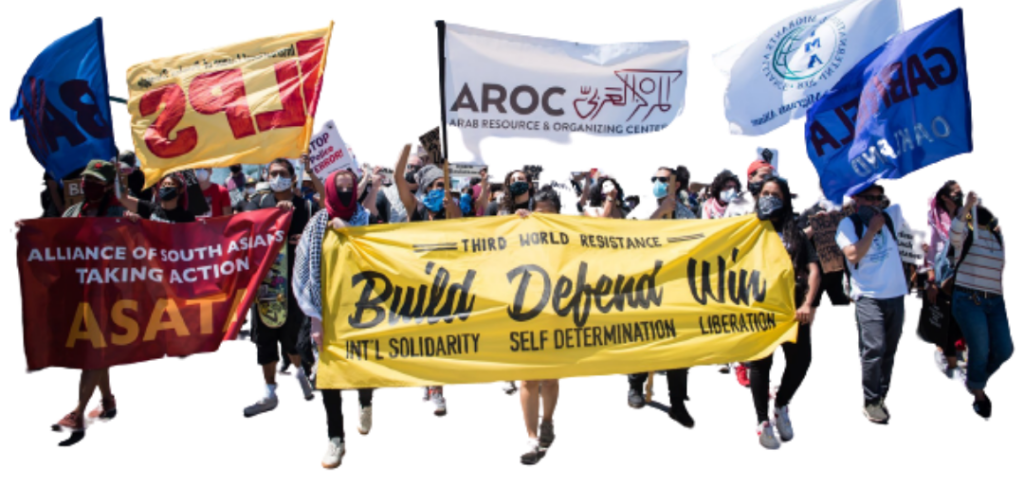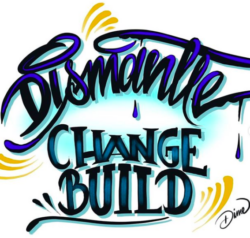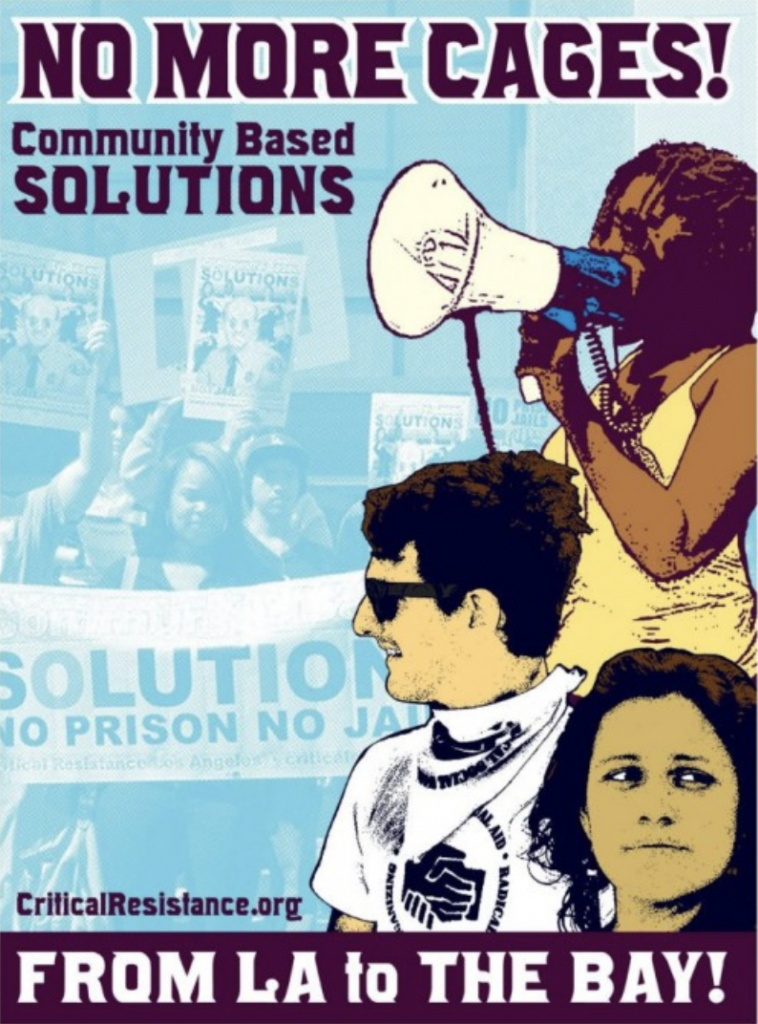From resisting specific attempts to increase imprisonment to more generalized attacks on welfare for low-income people, public education, environmental quality, civil liberties & health care, Critical Resistance (CR)’s work is about changing policies & practices that utilize large-scale infrastructure to devastate working class, poor, people of color, and queer communities, and about investing in infrastructure to support meaningful jobs, stable housing, dynamic education, and food abundance. The core of CR’s work is to push—through grassroots mobilizations, political education, campaigns & coalitions—a reinvigorated common sense in which the key to health and safety is not oppression, policing, and imprisonment, but healing, stability and liberation. Our multifaceted organizing approach is rooted in women of color feminist theory & Third World liberationism.

Experiences of criminalization and imprisonment are some of the most durable obstacles to full, equitable participation in our society, most direly impacting working class and poor communities, people of color, immigrants, and gender non-conforming people. Racialized policing practices such as anti-gang policing, as well as large scale prison and jail expansion destabilize, fracture, and erode the well-being of communities by removing, alienating, and criminalizing segments of our communities and rendering them disposable.
Since our founding, CR has been committed to supporting imprisoned people, communities where prisons and jails are sited, and those targeted by police violence. To do this, it is essential to shift the common sense that safety necessitates policing and punishment, and to increase people’s options to create well-being.
Our Strategy & Theory of Change

Because the prison industrial complex (PIC) is a global, intricate and overlapping system, we have to attack it from all different angles using different strategies. Our organizing enacts and amplifies strategies to dismantle imprisonment and policing, to change common sense notions of safety, and to build life-affirming resources and practices that support Black, brown, working class, immigrant, trans and gender queer communities.
Our broad abolitionist strategy, or theory of change, includes 3 main parts:
1. Dismantle
2. Change
3. Build
Dismantle-Change-Build, is CR’s “theory of change” framework that empowers organizers to strategically chip away at the interlocking systems of policing, imprisonment, and surveillance (what we call the prison industrial complex, or PIC) and put abolition into practice.
We fight to dismantle the PIC, including the caging, policing, practices, and larger systems that harm, control, and impoverish communities and greater society.
We strive to change common sense, resource allocation, and practices (at all scales) away from harm, punishment, and control, and toward practices that empower communities and address harm and problems at their root cause.
As we dismantle and change, we build: we build practices, skills, relationships and resources that address the needs of our communities. From interpersonal to local community to state and larger-scale, we demand that investments be made that are life-affirming and enable us thrive.
CR members across the country apply this strategy through all of CR’s work – from chapter projects and campaigns, to national working groups and projects (such as our abolitionist educators post-secondary and K-12 workgroups & The Abolitionist newspaper), to local, statewide and national coalitions and networks. Each of CR’s chapters participate in regional coalitions and partnership with allied organizations and communities to lead grassroots campaigns against imprisonment, policing, surveillance, and criminalization.
In all our work we aim to make abolition common sense, shift who is recognized as a movement expert, and amplify abolitionist reforms to help shrink the system and bring us practically closer to our goal.
We are building toward liberation for everyone, most especially people of color, poor people, queer people, immigrants, youth, and other oppressed communities who are targeted by the PIC.
Campaigns & Coalitions
A primary approach to Critical Resistance’s work to abolish the prison industrial complex (PIC) is grassroots campaigns & coalitions. Because the PIC segregates and isolates individuals, communities, and issue areas, we know that chipping away one piece at a time can only be successful if we build stronger, deeper, and wider alliances as we go. We play a critical movement role forwarding an analysis of how the PIC undermines everyone’s ability to live healthy empowered lives. We put this analysis into action as we build multi-sector coalitions; facilitate spokesperson trainings with people impacted by the PIC; and support the leadership of currently and formerly imprisoned people, their loved ones, and youth to shift who is recognized as movement experts.
We apply our Dismantle-Change-Build strategy framework by developing grassroots campaigns that aim to “shrink & starve” the PIC and in turn build more people power.
Campaigns allow us to make demands of institutions of power in order to achieve systemic change, build a base of support, strengthen our membership, engage in liberatory education and culture shifting, and develop abolitionist leadership.
Working in coalitions allows us to develop relationships with other organizations working on intersecting issues, engage a variety of skills and perspectives, grow abolitionist viewpoints among organizations and communities, uplift and follow identity-based organizations (specifically of those most impacted by the PIC), and ultimately grow a strong & vibrant global movement for abolition.
Through campaign and coalition building, CR prioritizes strengthening the power of our movements for the long work of abolishing the PIC.

